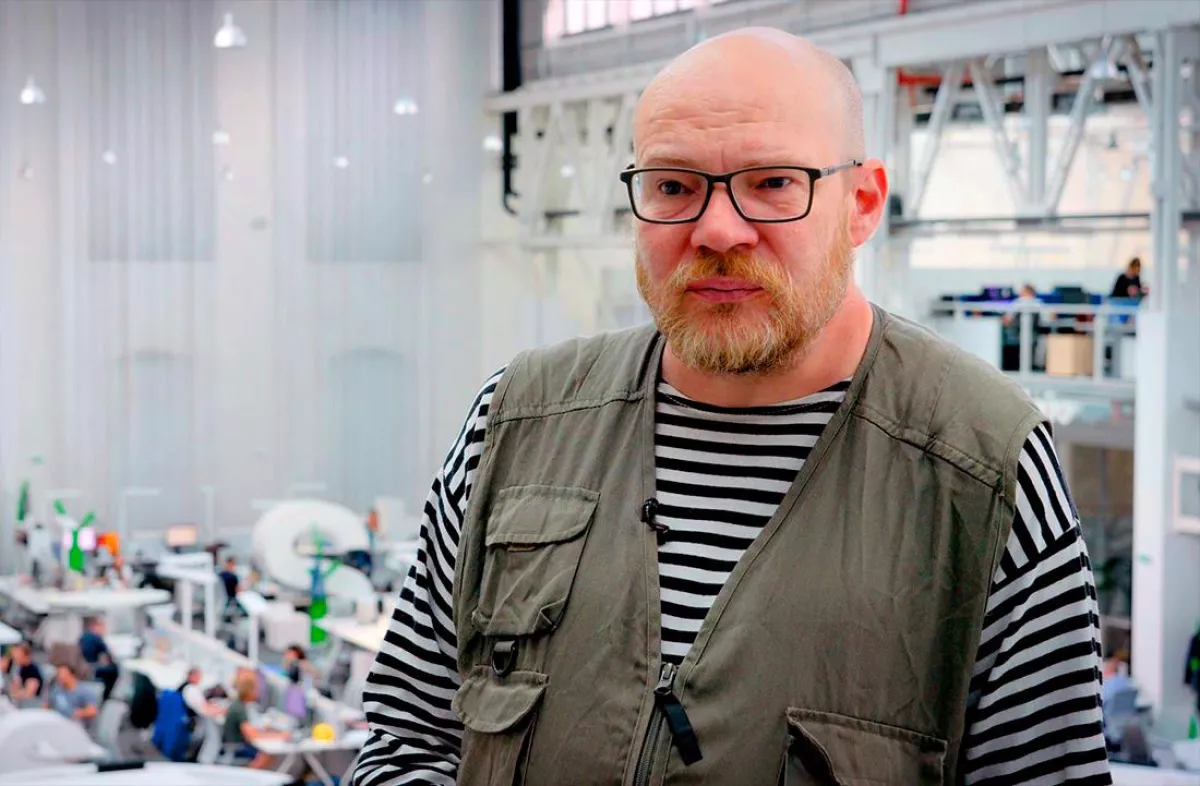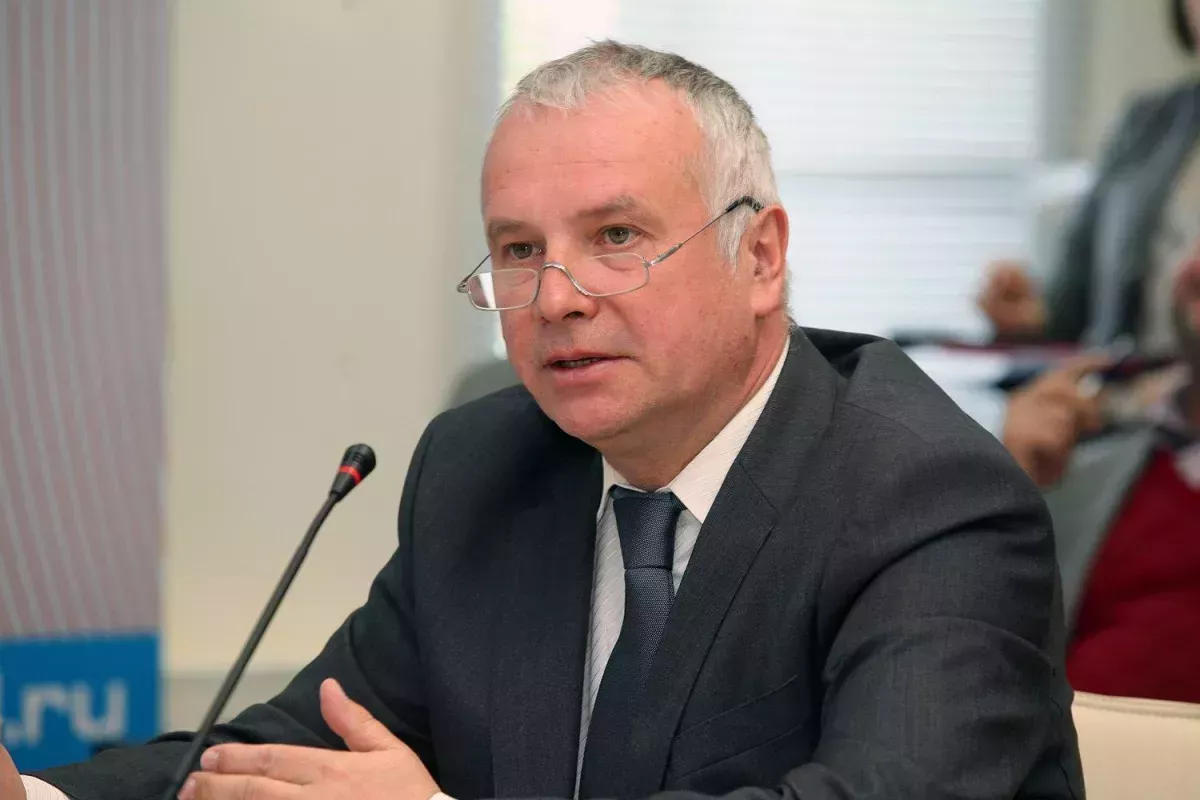What are the practical implications of Armenia's EU referendum? European experts answer
Armenian Prime Minister Nikol Pashinyan has supported the initiative to hold a referendum on the country’s membership in the European Union (EU). This was announced by the leader of the European Party of Armenia, Tigran Khzmalyan. He noted that the country's Central Election Commission had completed the signature collection campaign for discussing the referendum project, and the document would be presented to the parliament in the coming days.
According to Khzmalyan, if the project does not gain the support of the legislature, the campaign will be held again. If 300,000 signatures are collected, a nationwide vote will take place without the parliament’s decision.
But what could this lead to in practical terms? What are Pashinyan and his team hoping for? Even if a nationwide referendum favours Armenia’s accession to the EU, will this in itself have any impact on official Brussels? The question is whether EU leadership is currently aiming to expand the borders of the Union. And what are Armenia’s prospects for joining the European Union given its current political and economic situation?
European analysts shared their thoughts on this matter with Caliber.Az.

An expert on post-Soviet countries and correspondent for the International Relations Department at Czech Radio (Prague), Ondřej Soukup, emphasized that Armenia is neither the first nor the only country to hold a referendum on EU membership or attempt to legally enshrine Euro-Atlantic integration.
"We know that Moldova held such a referendum this year, coinciding with the presidential elections. We also know that Georgia has long enshrined this in its constitution, and it is now playing a role in the current political crisis in that country. So, these votes primarily serve a declarative function. To some extent, they also have a political purpose. For example, the Moldovan president, Maia Sandu, used this as a way to boost voter turnout and mobilize her electorate," the expert reminded.
But, of course, he emphasized, this has nothing to do with any real timelines for a country’s accession to the European Union, as such a matter must be agreed upon by the current EU member states themselves.
"These referendums are more of a symbolic gesture, a political statement. They may, of course, help in negotiations with Brussels, but this in no way means that any country, including Armenia, can join the European Union in the foreseeable future," Soukup noted.

German political scientist and professor at the WeltTrends Institute for International Politics (Potsdam), Alexander Rahr, stated that, in his opinion, Pashinyan's decisions are purely symbolic.
"He wants to prove to the world his commitment to a pro-Western course. Pashinyan is demonstrating a break with Russia. But what can he hope for? Will the situation be similar to Ukraine in 2014, when Russia cut off its trade and ties with Armenia, and Yerevan didn’t receive sufficient support from the European Union and the West? Then Armenians will have to seek economic cooperation with the Turks," the professor suggests.
He also believes that Armenia will not be able to cooperate with Iran due to political reasons.
"Armenia will not be accepted into the EU; the European Union has other concerns at the moment. Additionally, there is no money for EU enlargement, and there is no consensus in Brussels on Armenia’s future membership. I think the Armenians themselves understand this, and the results of the referendum will not be as clear-cut as they are trying to present in Armenia," Rahr predicted.








